Hello! Today, as we continue our journey around Bulgaria, we will discover monuments in the City of Shumen.
Shumen is located in the north-western part of the country, in the lower parts of Stara Planina, halfway between the Danube and the Black Sea. There are relatively many Jews, Armenians and Muslims living in Shumen.
The most interesting monuments
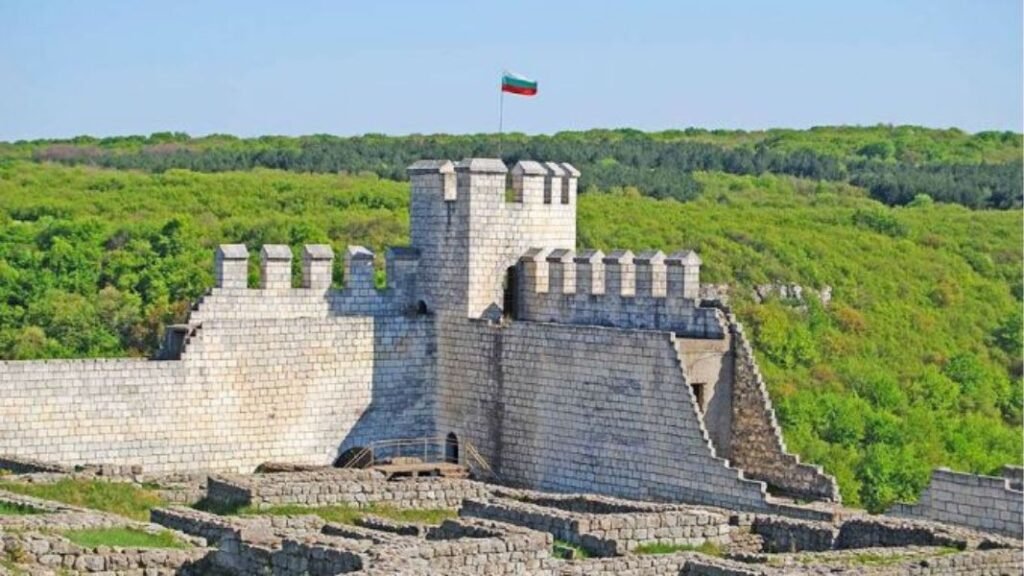
Shumen Fortress

One of the most interesting monuments is the majestic defensive fortress located on the outskirts of the city, on a hill overlooking the city. This is the pride of Shumen. One of the oldest settlements in Bulgaria was established here in the early Iron Age. Around the 5th century BC, The Thracians built the first walls, and between the 2nd and 4th centuries, the Romans expanded the fortifications, strengthening them with towers.
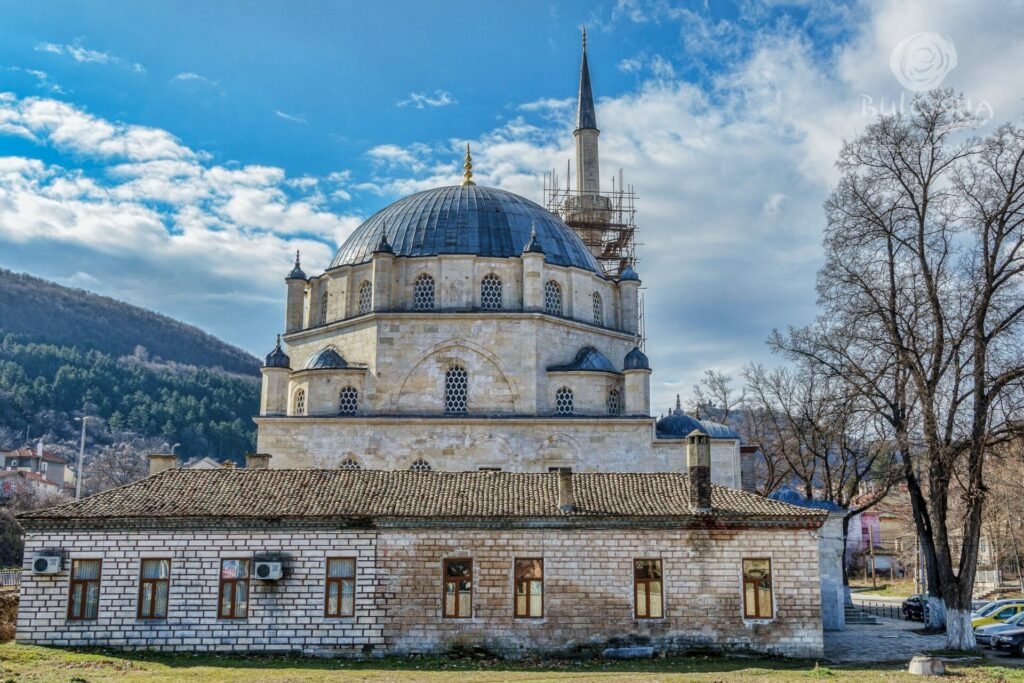
Tombul Mosque (Tombul Jamiya)

While visiting the city, it is also worth visiting the Tombuł mosque, built in 1744. It is currently the largest active Muslim temple in Bulgaria. The entire religious complex includes, among others: prayer room, a primary school, a canonical school, a courtyard with an ablution fountain and a library.
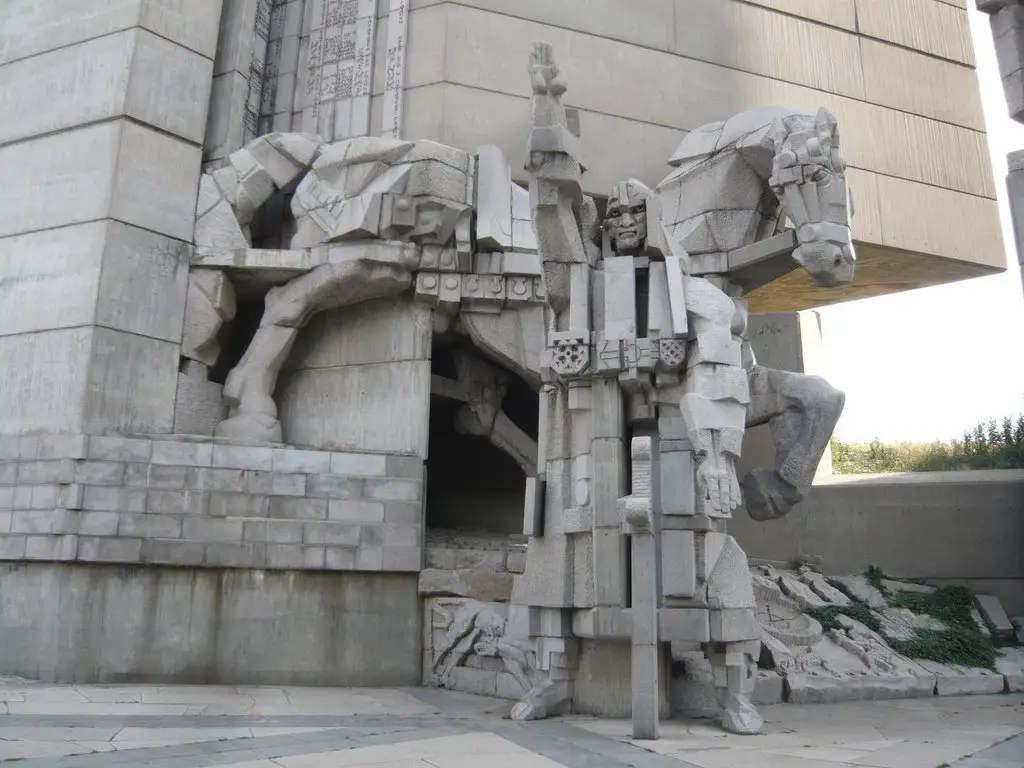
Създатели на българската държава
Another interesting point of sightseeing in the city is the Architectural Complex of the Creators of the Bulgarian State (Bulgarian: Създатели на българската държава), an architectural complex built in 1981, also on a hill near the city of Shumen. On the occasion of the 1300th anniversary of the establishment of the Bulgarian state.
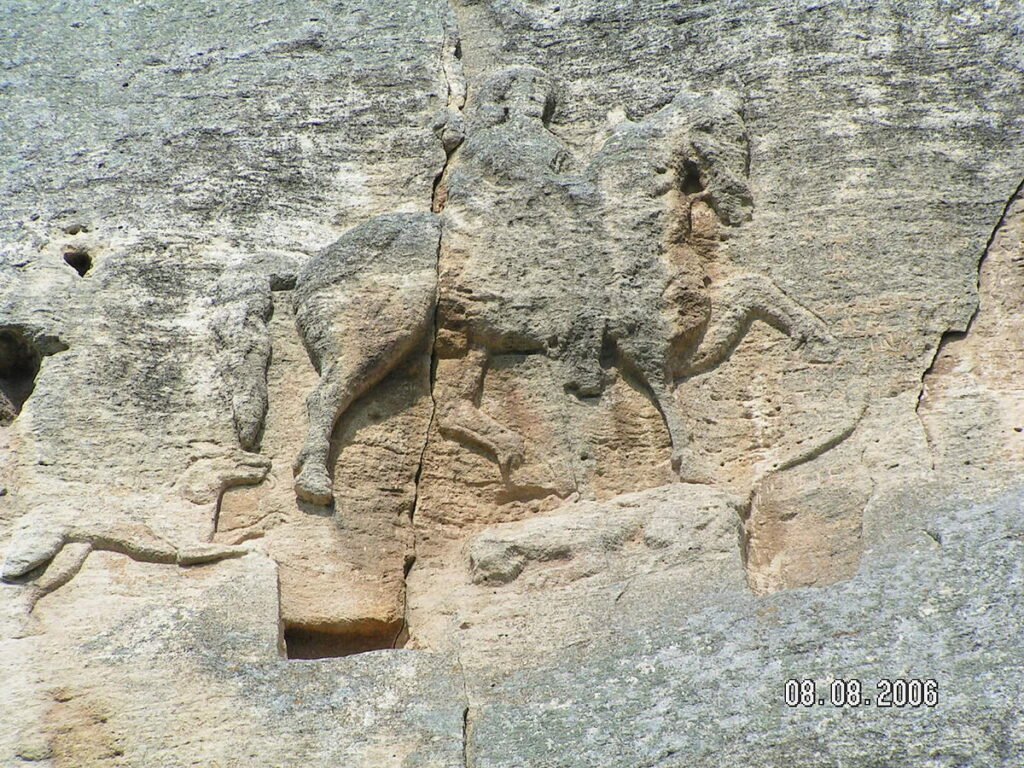
Madara Horseman, Madara Historical and Archaeological Reserve
The Madara Horseman is one of many mysterious monuments of great importance to the country and the world. Medieval rock relief, included in the UNESCO World Heritage List in 1979. It is the only monument of its kind in Europe. The local archaeological museum contains over 350 original finds from the region. A place surrounded by lush vegetation and picturesque landscapes, it is a unique window into Bulgaria’s past.
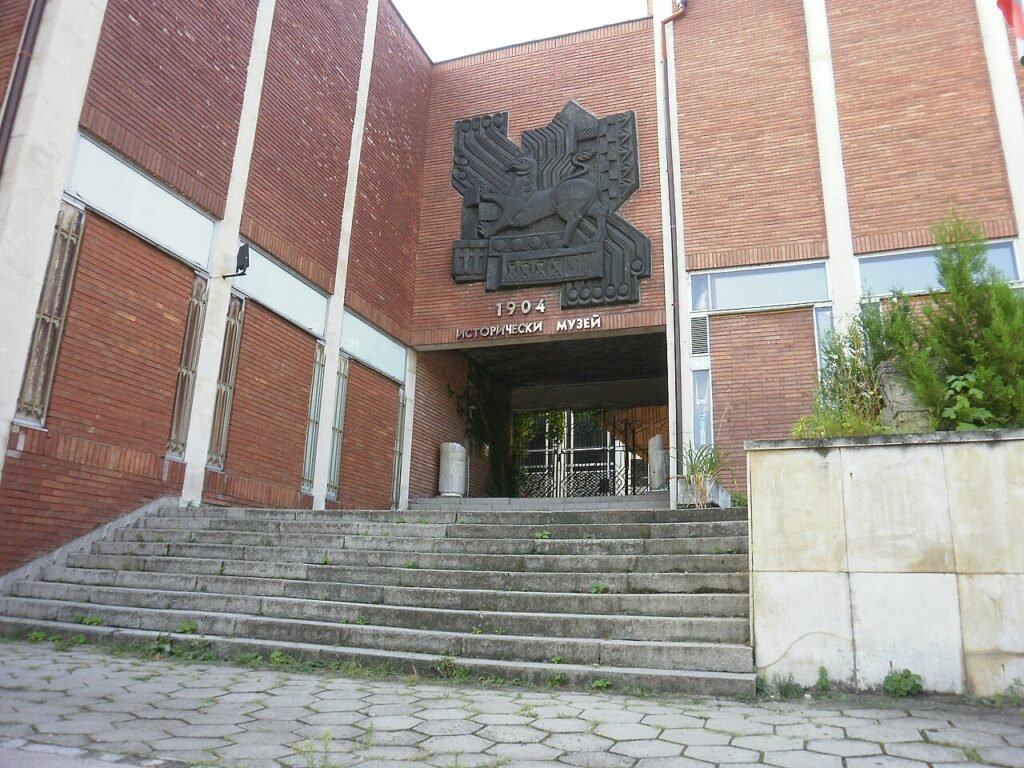
The museum is the successor to the Archaeological Society established in Shumen in 1904 by Rafail Popov. It contains over 150,000 movable cultural monuments from the Chalcolithic era to the present day, of which 15,000 are exhibited in eight exhibition halls.

Entertainment
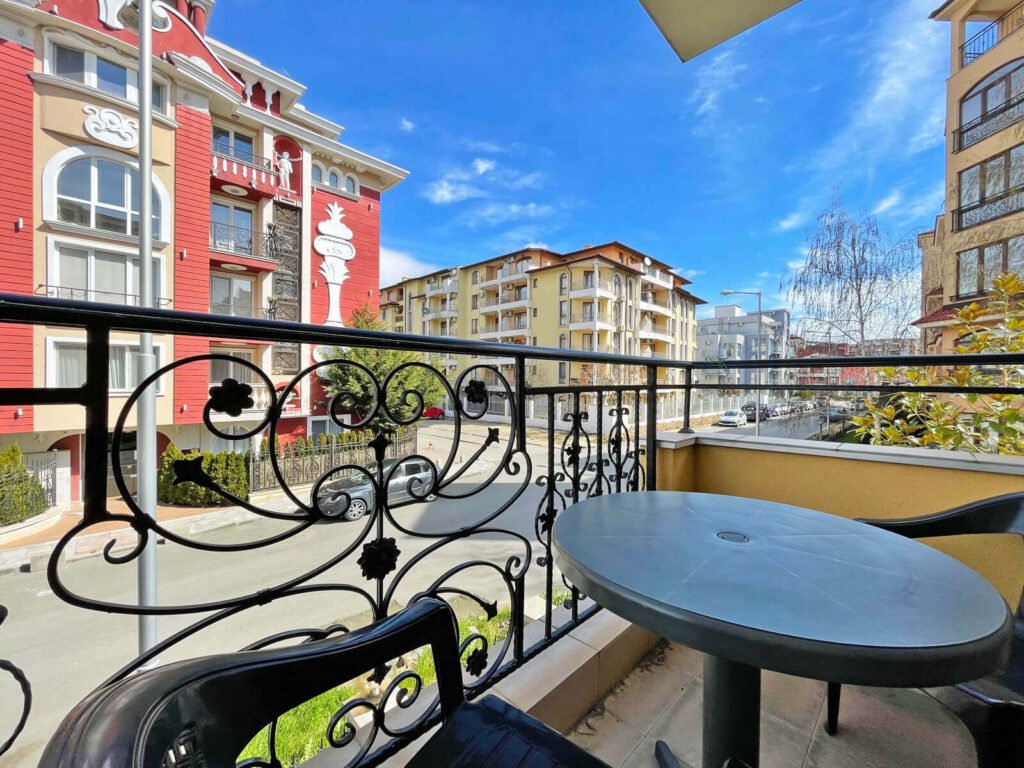
After sightseeing, it’s time to relax and go with the whole family to the Student Park (Amusement Park). It is also worth getting to know the gastronomic aspect. Try traditional Bulgarian cuisine and international flavors, the city offers a variety of culinary experiences to satisfy every palate.
Interestingly, the city hosts the Watermelon Festival (last Sunday in July), the Shumen Days Cultural Festival (mid-May) and the Folklore Festival (August).


